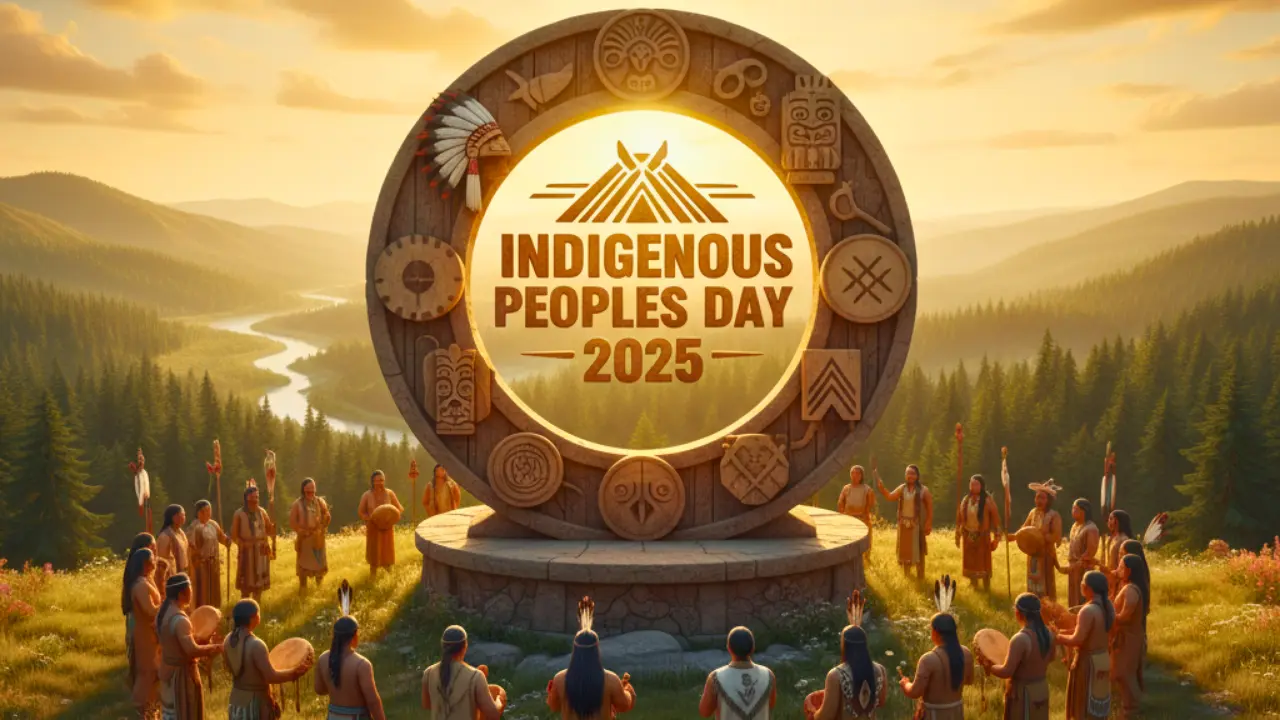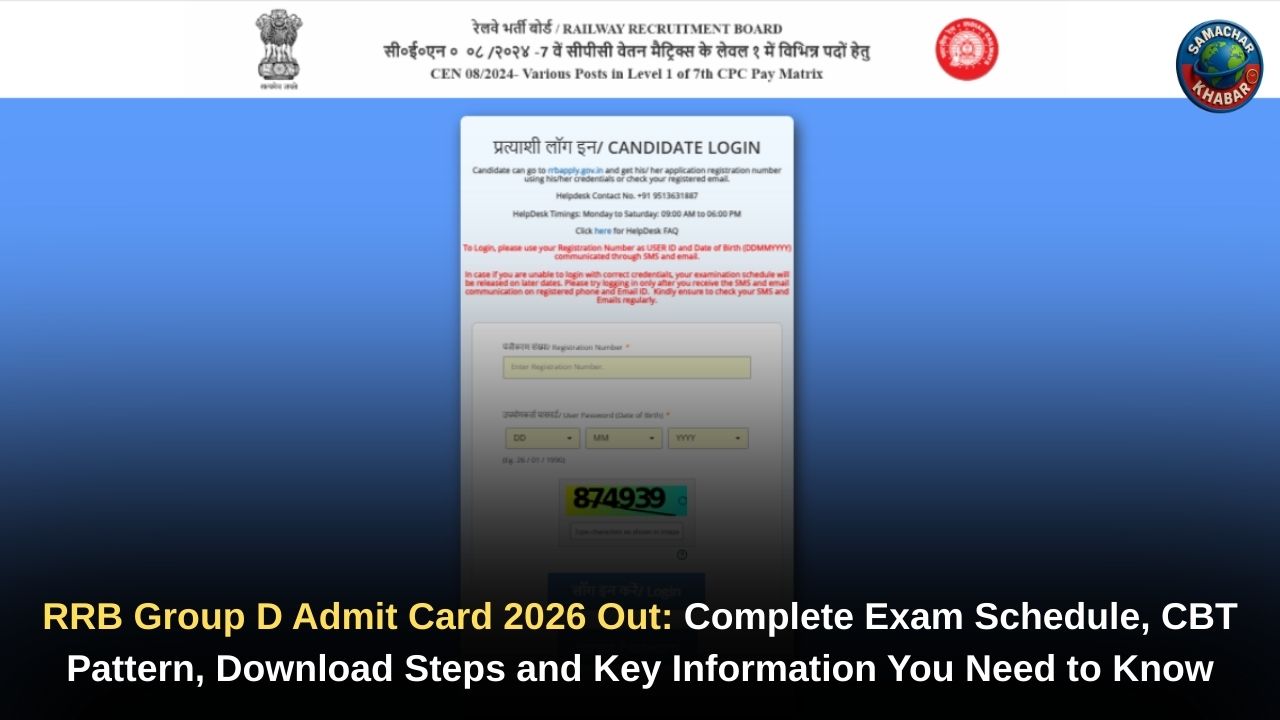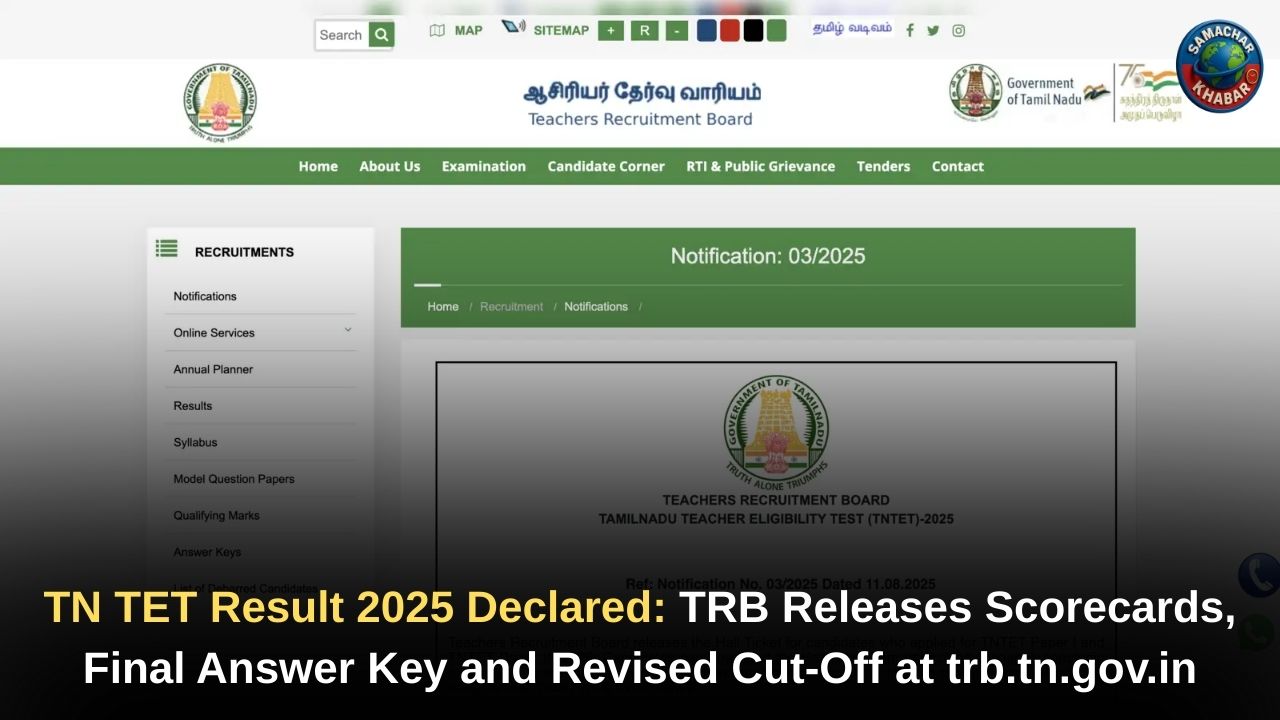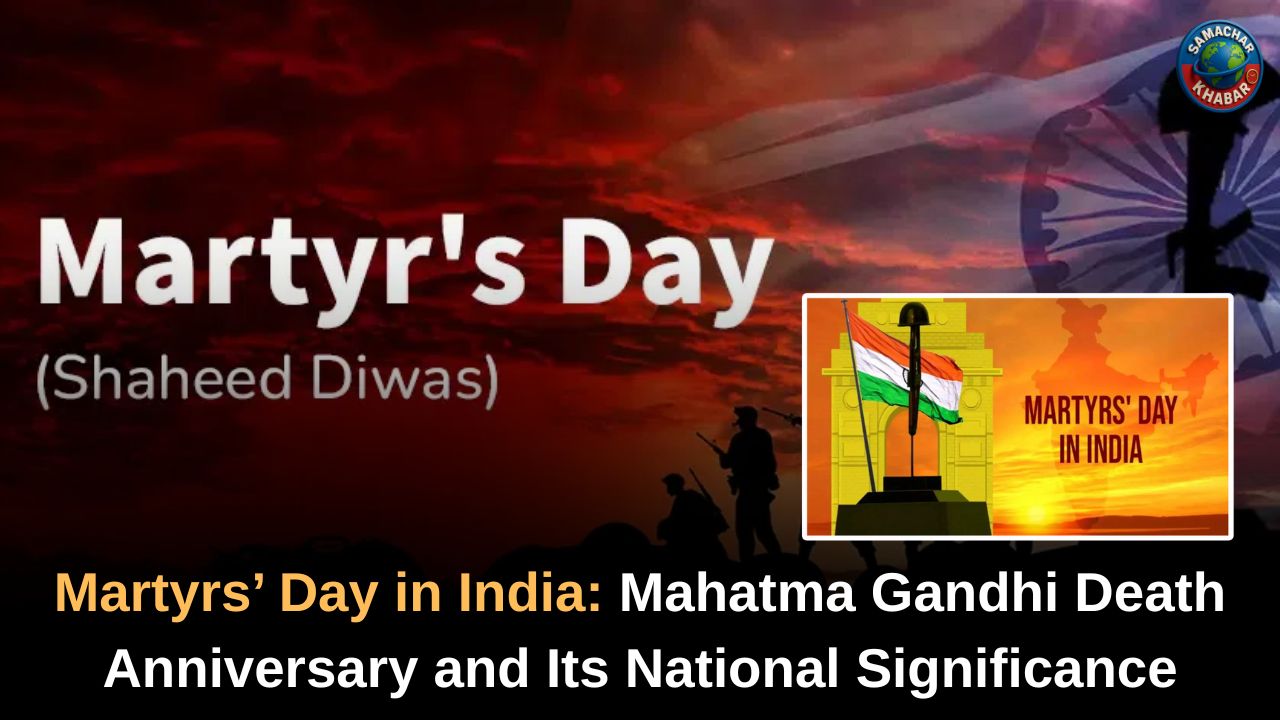When you hear “Indigenous Peoples Day 2025,” what comes to mind? For many, it’s a Monday off in October. But this vital observance, held on Monday, October 13, 2025, is much more than a date on a calendar. It is a powerful, nationwide affirmation of the cultures, resilience, and sovereignty of the over 600 Tribal Nations and Indigenous communities who are the original inhabitants of this land.
This day offers a crucial opportunity to shift the narrative, moving past the outdated celebration of colonialism and stepping into a space of genuine historical recognition and contemporary respect. Ready to delve into the profound history and enduring importance of Indigenous Peoples Day? Let’s explore why this day matters now more than ever.
The History of Indigenous Peoples Day: From Protest to Proclamation
The movement to establish Indigenous Peoples Day is a direct response to the federal holiday, Columbus Day. For decades, Indigenous communities and activists have protested the celebration of Christopher Columbus, whose arrival in the Americas initiated centuries of genocide, displacement, and cultural destruction.
The Roots of the Movement
The earliest formal proposal to replace Columbus Day came in 1977 at the International NGO Conference on Discrimination Against Indigenous Populations in the Americas, sponsored by the United Nations. However, it was a municipal effort that first brought the idea to life:
- 1990: South Dakota’s Precedent: South Dakota became the first state to replace Columbus Day with “Native Americans’ Day,” setting a state-level precedent.
- 1992: Berkeley Leads the Way: Berkeley, California, was the first U.S. city to officially adopt Indigenous Peoples Day to coincide with the 500th anniversary of Columbus’s arrival. This action sparked a grassroots movement across the nation.
- State and Federal Recognition: The momentum has grown exponentially. Currently, more than 14 states and over 130 cities and counties officially observe it. Crucially, in 2021, President Joe Biden issued the first-ever presidential proclamation of Indigenous Peoples Day, establishing it as a federally recognized day of observance.
This history is a testament to the decades-long, persistent advocacy by Indigenous leaders and allies, demanding that a more truthful and inclusive history be taught and honored.
Significance and Importance: Why We Celebrate Indigenous Peoples Day
The significance of Indigenous Peoples Day 2025 lies in its power to correct historical inaccuracies, honor Indigenous contributions, and address ongoing contemporary issues.
1. Reclaiming and Honoring History
The day officially rejects the myth of the “discovery” of the Americas, acknowledging that the land was already home to vibrant, complex civilizations. It compels the public to confront the painful legacy of colonization, forced removal, and broken treaties.
2. Celebrating Culture and Resilience
Indigenous Peoples Day is a celebration of survival. Despite centuries of oppression, Indigenous languages, traditions, and spiritual practices persist. This is a day to uplift the incredible diversity of Indigenous cultures, from the Navajo Code Talkers in World War II to the ongoing environmental stewardship efforts of the Standing Rock Sioux.
3. Advocating for Contemporary Issues
The importance of the day extends far beyond historical reflection. It shines a light on current challenges, including:
- Land and Water Rights: Indigenous communities are often on the front lines of environmental battles, fighting to protect sacred sites and natural resources.
- Missing and Murdered Indigenous Women and Girls (MMIWG): This ongoing crisis highlights systemic neglect and violence against Indigenous women.
- Sovereignty and Self-Determination: The recognition of Tribal sovereignty—the inherent right of tribes to govern themselves—is central to justice.
Statistic Spotlight: According to the Census Bureau’s 2020 data, there are more than 9.7 million people who identify as American Indian or Alaska Native in the United States, representing a vast, diverse, and vibrant segment of the population whose stories must be heard.
Also Read: World Vegetarian Day: History, Impact, Speech and Theme
The Potential Theme for Indigenous Peoples Day 2025
While there is no single, globally mandated theme for the U.S. observance, the themes for similar international observances often provide a strong guiding focus. Based on the U.N.’s focus for 2025, a likely and relevant theme for Indigenous Peoples Day 2025 could center on:
Indigenous Futures: Self-Determination, Technology, and Cultural Sovereignty
This theme would encourage conversations on:
- How Indigenous communities are using modern technology, including AI, to preserve and teach their endangered languages and traditional knowledge.
- The critical importance of data sovereignty—the right of Indigenous nations and peoples to govern the collection, ownership, and application of their data.
- Advancing self-determination in areas like healthcare, education, and economic development.
Inspiring Quotes to Reflect on Indigenous Peoples Day 2025
To build deeper understanding and respect, we can turn to the wisdom of Indigenous leaders and thinkers.
- “Show respect to all people, but grovel to none.” – Tecumseh, Shawnee Chief.
- “We are what we imagine. Our very existence consists in our imagination of ourselves. Our best destiny is to imagine, at least, completely, who and what, and that we are.” – N. Scott Momaday, Kiowa author.
- “We must protect the forests for those who can’t speak for themselves such as the birds, animals, fish and trees.” – Qwatsinas (Hereditary Chief Edward Moody), Nuxalk Nation.
How You Can Honor Indigenous Peoples Day 2025
Observing this day goes beyond simply acknowledging it. True honor requires meaningful action and engagement.
1. Educate Yourself
- Learn whose ancestral land you are on. Use resources like Native Land Digital to find the names of the Indigenous peoples who originally inhabited your area.
- Seek out Indigenous voices. Read books, listen to podcasts, and follow content creators who are Indigenous.
2. Support Indigenous Communities
- Buy directly from Indigenous artists and businesses. Look for authentic, Indigenous-made goods.
- Donate to Indigenous-led organizations working on issues like education, health, and environmental justice.
3. Advocate for Change
- Contact your local and state representatives to encourage them to officially recognize Indigenous Peoples Day if they haven’t already.
- Support legislative efforts to protect Indigenous sovereignty and traditional territories.
Looking Ahead to Indigenous Peoples Day 2025
Indigenous Peoples Day 2025 is not just an opportunity to look back at history; it’s a commitment to a better future. It is an acknowledgment that Indigenous peoples are not a relic of the past, but living, thriving communities whose contributions are integral to the fabric of North America and the world. By recognizing their history, celebrating their cultures, and supporting their ongoing fights for justice and self-determination, we move closer to a truly inclusive society.
FAQs on Indigenous Peoples Day
Q1: When exactly is Indigenous Peoples Day 2025?
A: Indigenous Peoples Day 2025 will be observed on Monday, October 13, 2025. It is celebrated annually on the second Monday of October, coinciding with Columbus Day in many jurisdictions.
Q2: Is Indigenous Peoples Day an official federal holiday in the U.S.?
A: While it is a federally recognized observance via a presidential proclamation, it is not one of the 11 official federal holidays where government offices are uniformly closed. However, a growing number of states and municipalities observe it as an official holiday.
Q3: What is the main difference between Indigenous Peoples Day and Columbus Day?
A: Columbus Day commemorates the arrival of Christopher Columbus in the Americas, often viewed as the start of European colonization. Indigenous Peoples Day is an alternative observance that honors the original inhabitants of the Americas, celebrating their resilience, culture, history, and acknowledging the immense suffering and displacement caused by colonization.
Q4: How can I find out whose land I am currently on?
A: You can use online resources like the interactive map at Native Land Digital to find out the ancestral territories of Indigenous peoples in your area. This is a foundational step in honoring the day.
Q5: Is there a unified national or global theme for Indigenous Peoples Day 2025?
A: While the U.S. observance does not have an official single theme, the United Nations’ focus for related observances (like the International Day of the World’s Indigenous Peoples) is often a strong indicator. A key focus for 2025 is likely to be Indigenous Futures: Self-Determination, Technology, and Cultural Sovereignty.


















